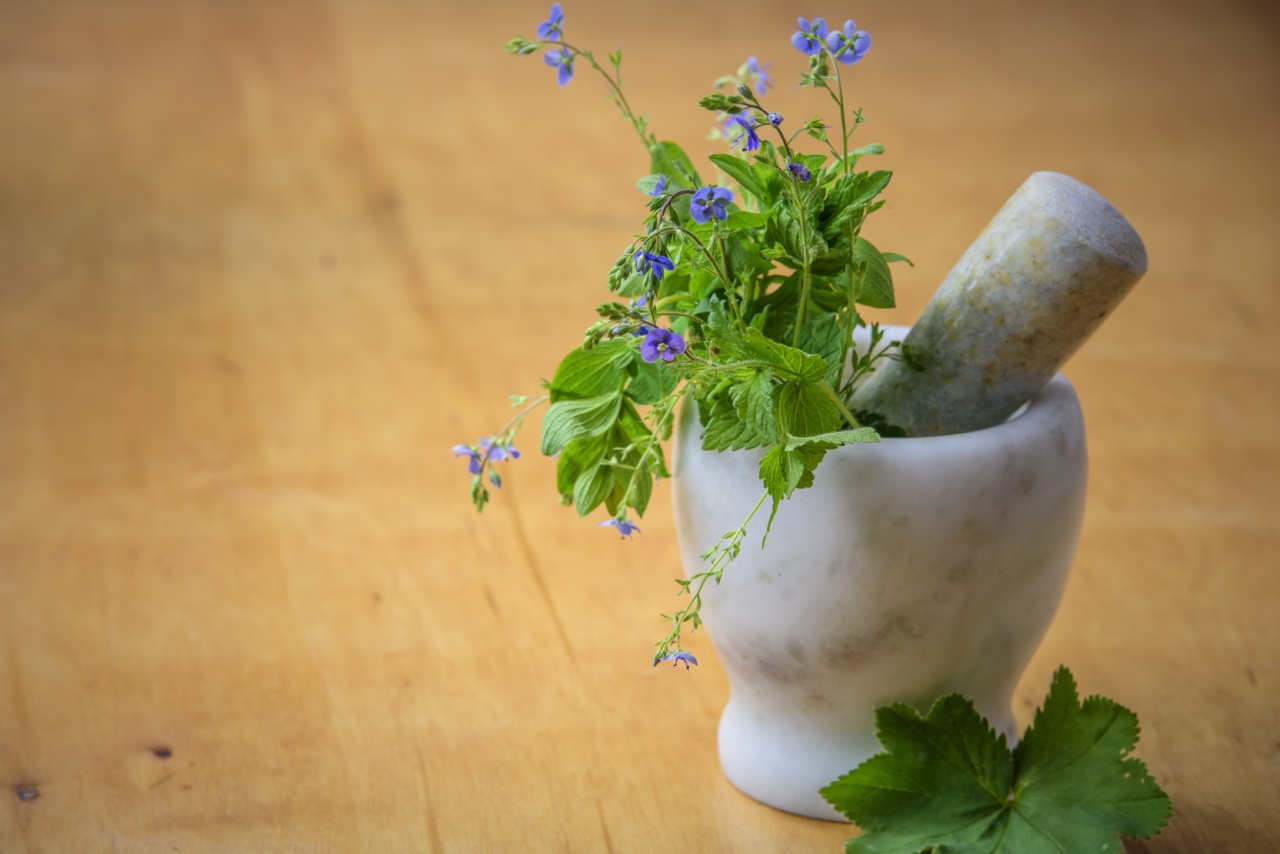Injuries and chronic conditions such as osteoarthritis can cause inflammation in the knee, leading to pain and discomfort.
While there are several over-the-counter and prescription medications that can help to manage inflammation, there are also a variety of natural remedies that have been shown to be effective. One such remedy is a healing spice known for its anti-inflammatory properties – turmeric.
What is turmeric?
Turmeric has been used for thousands of years in Ayurvedic and Chinese medicine for its anti-inflammatory and antioxidant properties. It is a root spice that belongs to the ginger family and has a bright orange-yellow color.
The main active ingredient in turmeric is curcumin, which gives the spice its distinctive color and flavor.
How does turmeric work to reduce inflammation in the knee?
Inflammation is a natural process that helps the body to heal and fight off infections. However, when inflammation is chronic, it can lead to tissue damage and pain.
Turmeric works by blocking the production of inflammatory molecules in the body, such as prostaglandins and cytokines. Curcumin also helps to reduce oxidative stress, which is known to contribute to inflammation.
Specifically, in the knee, turmeric has been shown to help to reduce swelling and stiffness, while also improving joint mobility.
In one study, participants with knee osteoarthritis who took a turmeric supplement for eight weeks reported a significant reduction in pain and stiffness compared to those who took a placebo.
How to take turmeric for knee inflammation
Turmeric can be used in a variety of ways to help reduce inflammation in the knee, including:.
- Adding turmeric to food: Turmeric can be added to curries, roasted vegetables, smoothies, and other recipes to add flavor and provide anti-inflammatory benefits.
- Turmeric supplements: Turmeric is available in supplement form, with capsules and gummies being the most popular. It is important to choose a high-quality supplement that contains a standardized amount of curcumin.
- Turmeric tea: Turmeric tea can be made by boiling turmeric root or ground turmeric in water and adding honey and lemon for flavor.
Possible side effects of taking turmeric
Turmeric is generally considered safe when taken in moderate amounts. However, some people may experience side effects, including:.
- Stomach upset
- Nausea
- Dizziness
- Diarrhea
- Increased risk of bleeding
It is important to talk to a healthcare provider before taking turmeric supplements or significantly increasing your intake of turmeric.
Other natural remedies for knee inflammation
While turmeric is a powerful anti-inflammatory spice that can help to reduce knee inflammation, there are also several other natural remedies that can be beneficial, including:.
- Ginger: Ginger has anti-inflammatory properties and can be used in a variety of ways, including adding it to food or making ginger tea.
- Omega-3 fatty acids: Omega-3s are found in fatty fish, flaxseeds, and walnuts. They can help to reduce inflammation in the body.
- Exercise: Regular exercise can help to reduce knee inflammation and improve joint mobility. Low-impact activities such as swimming, yoga, and walking are best.
Conclusion
Inflammation in the knee can be a painful and frustrating condition. While there are several traditional medications available, natural remedies such as turmeric can be just as effective.
Turmeric is a healing spice that has been used for thousands of years in Ayurvedic and Chinese medicine for its anti-inflammatory and antioxidant properties. It works by blocking the production of inflammatory molecules in the body while reducing oxidative stress. Turmeric can be taken in a variety of ways, including adding it to food, taking supplements, or making tea.
As with any supplement or natural remedy, it is important to talk to a healthcare provider before significantly increasing your intake of turmeric.






























